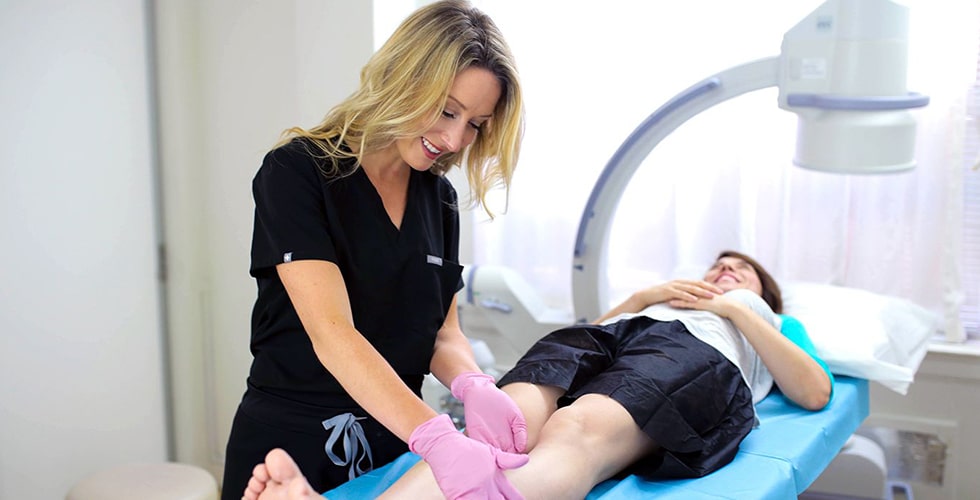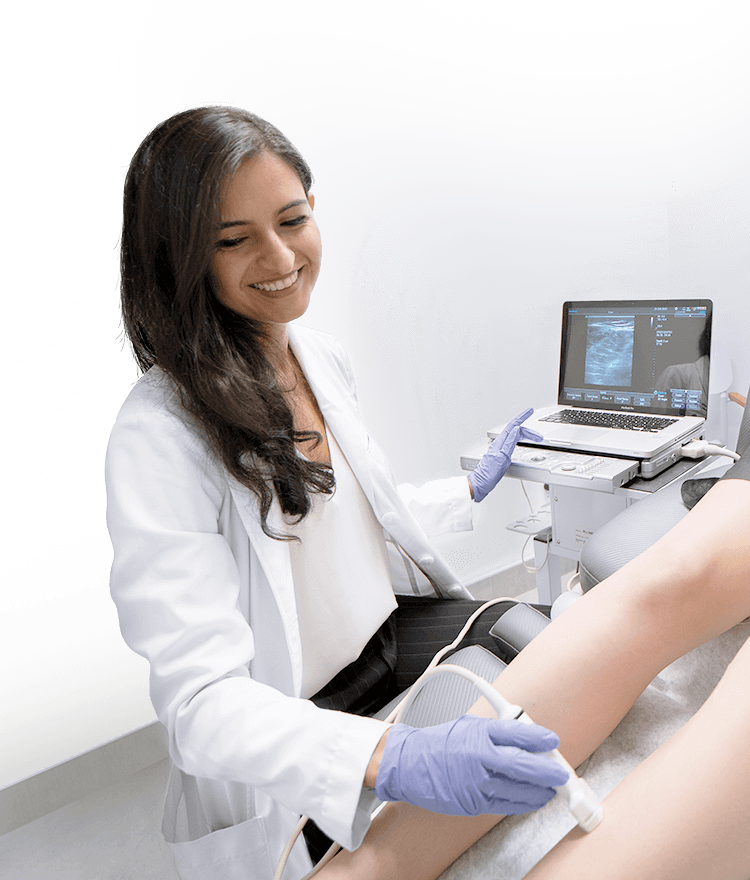Finding A Vascular Doctor For Varicose Vein Treatment
Body
Spider veins and varicose veins are the diseases many people face. These veins need to be treated by a vein doctor or vein specialist. Many people don’t understand why a vein doctor is not considered a vein specialist. There is a minor difference between those you will acknowledge in this article.
What are vein specialists?
A vein specialist is a normal vein doctor, a specialist in varicose vein treatment. In-depth, the vein specialist is a doctor who has proper training and completed specific certifications for performing this procedure on patients. Qualified vein experts will have preparation support in a vascular medical procedure, interventional radiology, or interventional cardiology. That certification will be handed to them after their successful training. Other procedures, like general internal medicine or family medicine, don’t require any special training and certifications, but any specialist must have proper training degrees and certificates and training in procedures. If you are still confused, then it would be best that you consult about “When to see a Vascular Doctor” and then start with the treatment.
 Many of you don’t know, but the vein procedure is popular globally; this is why there are different categories of vein doctors for treatment. Here are some of them:
Many of you don’t know, but the vein procedure is popular globally; this is why there are different categories of vein doctors for treatment. Here are some of them:
● Vascular surgeons
● Phlebologist
● Vein specialist
Who are vascular surgeons?
Vascular surgeons are qualified surgeons with proper training and management of vascular disease. Vascular surgeons must complete 5 years of training, which includes general training in surgery. Other than this, they also have to do 2 years of training in vascular medicine. If you are visiting vascular surgeons, you need to make sure that they are testing you with modern technology with nonsurgical techniques. These surgeons provide proper care for both pre- and post-procedure management.
What are phlebologists?
Phlebologists are properly trained when it comes to general surgery pain management and even vascular surgery. In fact, there are no formalized training programs in vascular medicine that a phlebologist would have to complete; for board certification, all a physician needs to do is simply pass a written test.
Confirms a vascular specialist: The training in vascular can only be formally obtained during a fellowship in vascular surgery, cardiology, or interventional radiology. Indeed, physicians have completed proper training programs in either vascular surgery, interventional radiology, or invasive cardiology. If you visit any phlebologist, you should make sure that he has ABVLM certification.

What is a vein specialist?
For this purpose, to search for a vein doctor, one first needs to ensure that it is a specialist. The term "vein specialist is commonly used by many doctors who treat veins. You have to consider that the vein specialist you visit has an ABMS-recognized board certification in one of the three specialties, invasive cardiology, vascular surgery, and interventional radiology, to display and perform the high-level procedure in vein disease. You should check whether your vein specialist is following you everywhere, as modern vein treatment doesn’t involve any type of surgery. If he/she suggests surgery, ask them to perform the normal procedure or change your specialist.
In a nutshell
This article has stated what you need to do when you have varicose veins. Varicose veins can be problematic and can stop you from performing daily activities openly. So, getting an effective treatment is necessary. If you want to go for a more sustainable option, then you can ask, “Are varicose veins covered by insurance?” and then act accordingly.









Comments